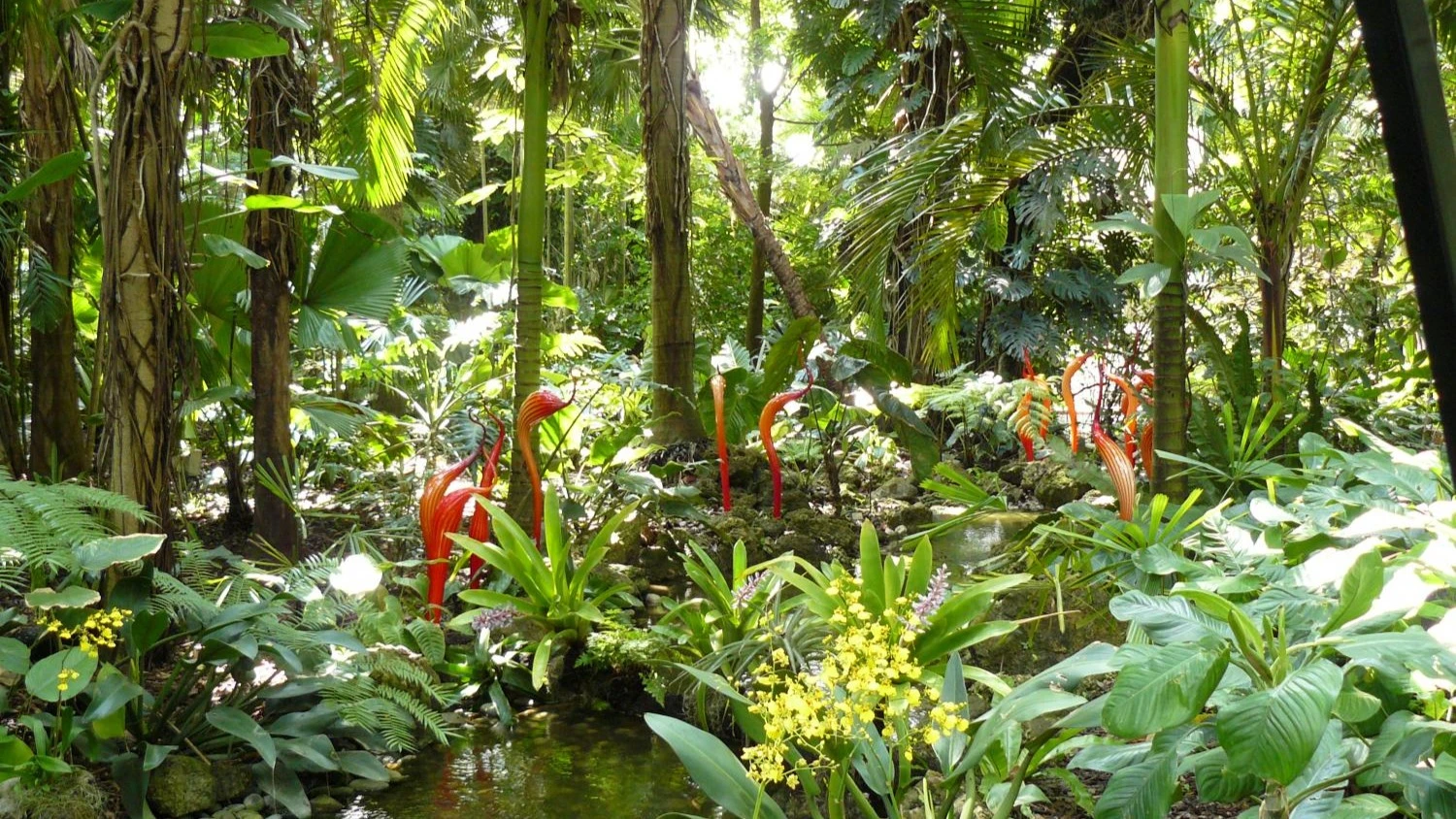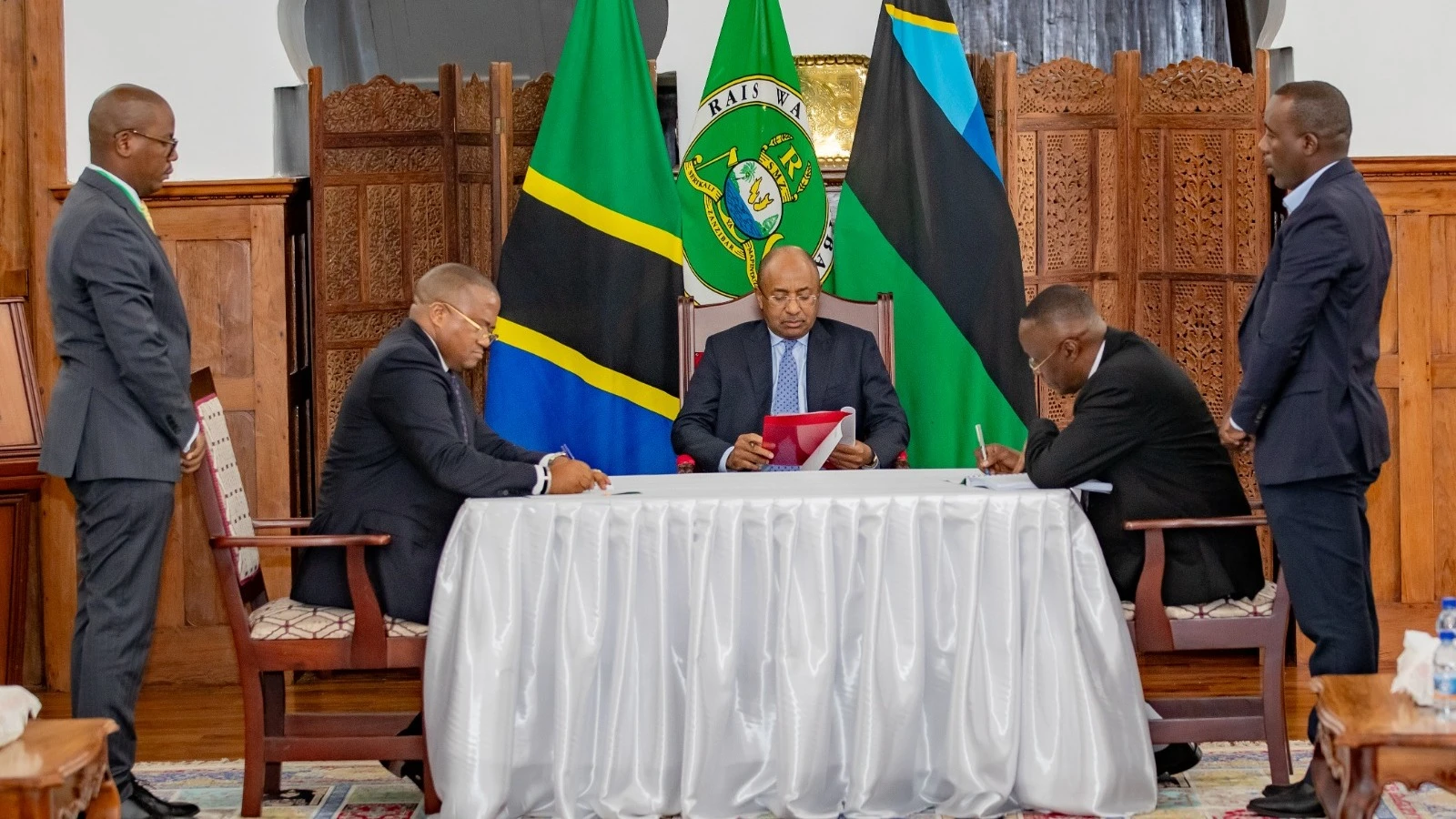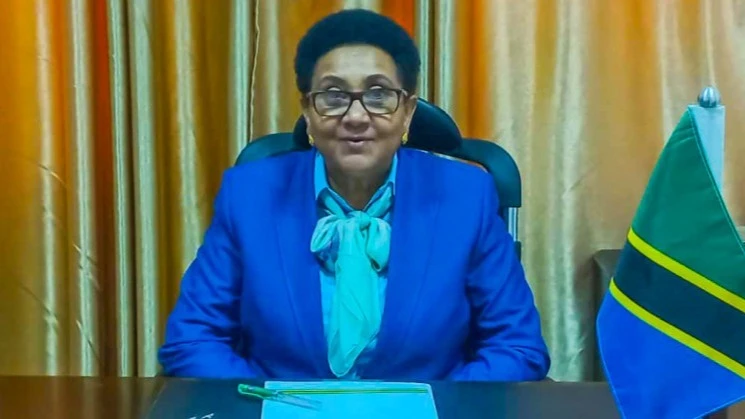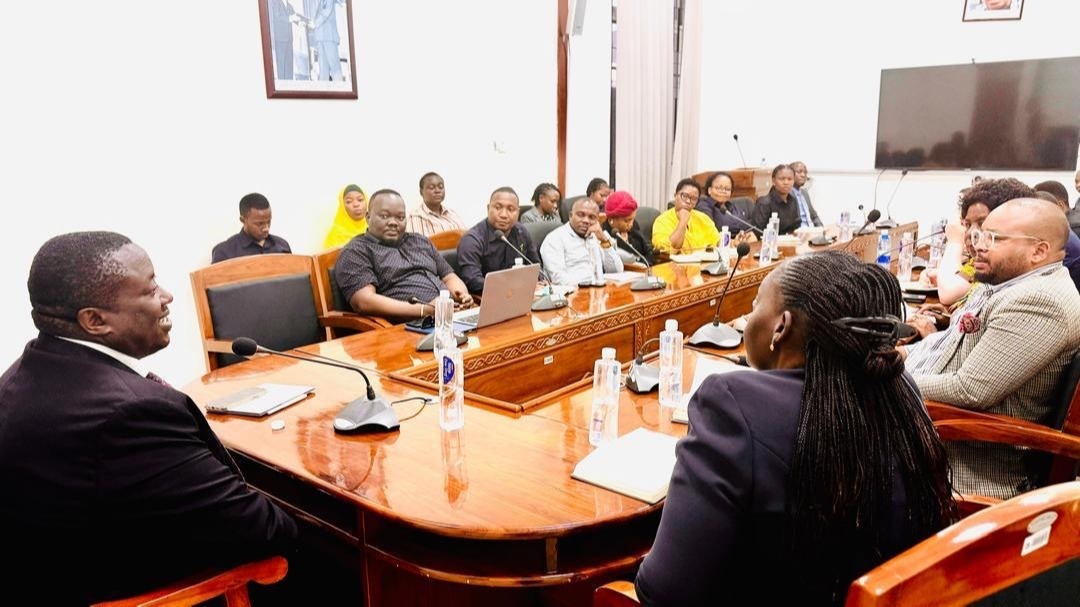NCAA works with villagers to uproot invasive plant species

IN a bid to protect conservation areas and vital wildlife corridors, the Ngorongoro Conservation Area Authority (NCAA) works closely with communities in villages bordering the Ngorongoro Conservation Area to combat the spread of a highly invasive plant species known as Parthenium hysterophorus.
The plant commonly referred to as Gugu Karoti has taken root in parts of the region and poses a significant threat to the environment. The community-based approach is part of a national strategy to control invasive plant species, particularly in protected areas, and to preserve key ecological corridors such as the Upper Kitete which connects the ecosystems of Ngorongoro, Lake Manyara and Tarangire national parks.
Gregory Mtega, NCAA senior conservation officer, yesterday led an operation in collaboration with residents of Upper Kitete Village and experts from other institutions to manually remove the invasive plant.
He praised the success of the operation, which was supported by Karatu District Council and PAMS Foundation.Mtega confirmed that similar efforts were being extended to other neighbouring villages to restore native vegetation, maintain grazing lands and protect wildlife habitats.
“We have established a regular programme to educate surrounding communities on participatory conservation. Every year, NCAA provides free tree seedlings for planting, distributes beehives to support local livelihoods and helps mitigate human-wildlife conflicts,” he said.
He added: “In addition to these initiatives, we have now involved communities in the removal of invasive species to help preserve the ecological balance, strengthen rangelands and promote sustainable conservation.”
He warned that Gugu Karoti is an aggressive species capable of producing over 40,000 seeds from a single plant, making it a serious environmental threat. It endangers wildlife, livestock and local agriculture, prompting the NCAA to invest significant resources into a multi-pronged approach to eradicate it.
Kornelio Lengai, wildlife officer for Karatu District Council, commended the NCAA’s collaborative efforts, noting that the invasive plant has severely impacted food production and the livelihoods of communities around the conservation area.
He described the NCAA’s cooperation with various stakeholders as a positive step towards sustainable conservation for future generations.Emanuel Siriri, Upper Kitete resident, expressed his gratitude to the NCAA for ongoing public education and involvement in the initiative.
He noted that beyond bringing hope, the project has also created economic opportunities for local youth, especially through employment in plant control efforts.By removing the invasive species, farmland has become more productive, boosting crop yields and improving food security.
Top Headlines
© 2025 IPPMEDIA.COM. ALL RIGHTS RESERVED






















